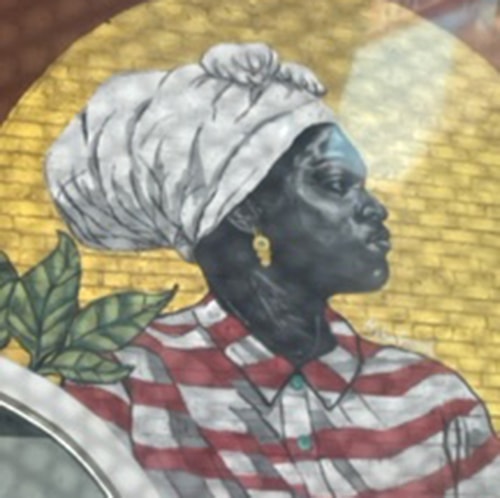Every consulting engagement Stacy is brought on for and every workshop she facilitates is designed to advance transformational leadership in the workplace. Drawing on a variety of pedagogical methods, Stacy’s workshops engage teams with insights, resources and frameworks that are crucial to understanding and addressing complex social issues. Her aim is to help her clients ensure that the workplaces they foster are places that work fairly for everyone.



Managing Visibility focuses on how we manage our presence— or visibility—within our organizations. Managing our own visibility requires us to be in touch not only with how we feel about various aspects of our identity, but also how others may perceive us. As we engage with this topic, it’s important to shine a light on the aspects of our identity that empower us as well as areas where we may feel vulnerable.
In this workshop, we will use a range of interactive exercises that provide insight into our internal dialogue and our external experience of being perceived. We’ll engage in discussion about the challenges of being too visible (hyper-visible) or not visible enough (in-visible). We’ll also explore the concept of “tempered visibility”—which involves aspects of both standing out and blending in—and identify actions we can take to temper it.
Throughout the workshop, we will:

Organizational decisions or behaviors that exclude certain individual or groups from both opportunities and rewards don’t happen in a vacuum. There are often bystanders who see acts of exclusion happening right in front of them and, for whatever reason, decide to keep their heads down. But exercising the courage to speak up in the face of exclusion or prejudice is key to organizational efforts to foster a culture the embraces inclusion and diversity as a strength.
Bystander Awareness: Lessons in Civil Courage takes the understanding of diversity below the surface and provides specific strategies for building more respectful organizations and skills for intervention. Participants are guided through a history of the bystander phenomenon, through a discussion of the Kitty Genovese incident as well as relevant social psychological theories (such as diffusion of responsibility). Using “bystander scenarios,” participants are given an opportunity to practice speaking up and acting in response to hypothetical inequities. Strategies are provided to support participants in being active bystanders for institutional change.
In this workshop, we will: